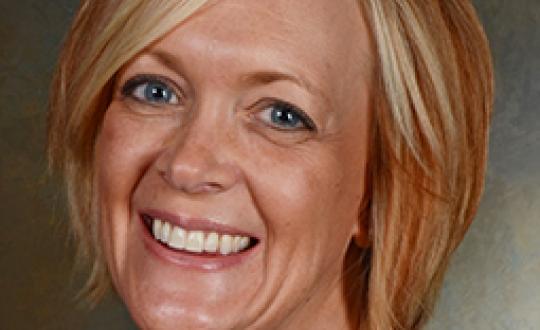Image


An official website of the United States government
Here’s how you know
Official websites use .gov
A .gov website belongs to an official government organization in the United States.
Secure .gov websites use HTTPS
A lock (
) or https:// means you’ve safely connected to the .gov website. Share sensitive information only on official, secure websites.


The Dalai Lama once said,
“Remember that sometimes not getting what you want is a wonderful stroke of luck.”
In my work as a prevention professional, I have begrudgingly come to accept this as a reality that has fostered innovation on our campus. I work on a campus that does not currently have the resources available to implement a population level alcohol and other drug misuse prevention program like AlcoholEdu. As a result, our prevention team must continually seek opportunities to provide prevention and education to the general student population. As a result, we work with our various campus partners to weave prevention into large-scale campus events. These events have become an integral part of our overall strategic prevention plan. We have found that this approach enables us to do more and to do things better than we could do on our own.
Our student program board regularly coordinates a late night activity called the “After Dark” program series. These late night events in the student union are common on many campuses. House Party 101 is an event we host during the first “late night” event of the year. It is offered as one of the many options for students to choose from throughout the night. It is an interactive theater event where student actors simulate various scenes that might occur at a house party. The scenes include situations ranging from a student experiencing alcohol poisoning to the police showing up at the party. We use actual campus police in the production who also help facilitate the debrief that occurs after the 20-minute “show.” The debrief includes discussion about local laws and ordinances, the Good Samaritan Policy, dangers of high-risk drinking games, and campus social norms data. We offer four different show times throughout the night. Partners include campus involvement staff, residential life, Greek life, and orientation programs. As a sidebar, in the 1990s I served as a resident advisor and thought that I had a solid understanding of campus event planning. However, campus event planning today has evolved to a mind-blowing magnitude which includes managing contracts, waivers, risk management, security….and the list goes on. In addition to helping coordinate logistics such as these, the superheroes on our campuses who coordinate large-scale programs provide amazing insight on how to create meaningful, inclusive events with measurable outcomes.
The folks in areas such as the student union, residential life, campus involvement, Greek life, athletics, and orientation programming are often our best allies and partners in prevention. Here are some examples of ways in which we have partnered with various departments to provide prevention at high attendance campus events.
In the context of our overall environmental management strategy for prevention, these opportunities to provide prevention where students are least expecting it are often some of our most rewarding interactions with students. In the field of prevention, we are working to address complex issues and sustaining energy can be hard. Our staff enjoys the energy, expertise, and experience of working with colleagues from different areas. It is an effective way to build support for prevention in varied settings across campus.
Jennifer Sell Matzke has more than 20 years of experience in a variety of areas in higher education. Currently she is the Associate Dean of Students/Director of Residential Life at St. Cloud State University. She provides oversight for campus alcohol and other drug prevention programs, the St. Cloud Diversion program, and the University’s Collegiate Recovery Community. She also serves as a Deputy Title IX Coordinator. Jennifer is former project director for the St. Cloud Community Alliance and currently serves as a member of the St. Cloud Recovery Community Network and on the Minnesota Strategic Prevention Framework Partnerships for Success Grant Advisory Council.
